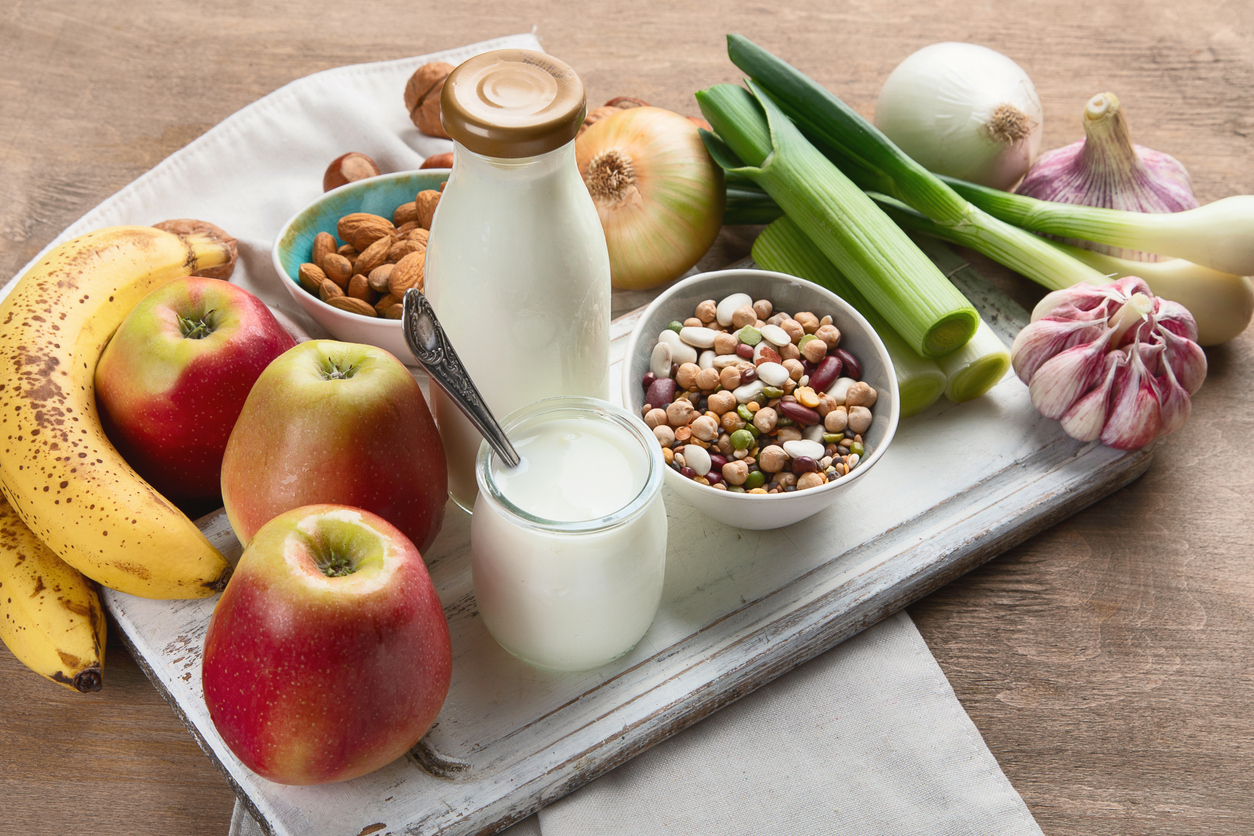Understanding Bloating: What It Is and How to Manage It

Bloating is a common experience that many people deal with, but it can sometimes feel uncomfortable or frustrating. While bloating is often harmless, it can also be a sign of certain dietary or digestive issues. Let’s break down what bloating is, why it happens, and what you can do to reduce discomfort.
What Is Bloating?
Bloating is the feeling of fullness or tightness in the abdomen, often accompanied by gas or distension. Some people describe it as feeling “puffed up” or like their stomach is stretched out. While bloating is usually temporary, it can sometimes be persistent or uncomfortable.
Why Does Bloating Happen?
Bloating occurs for various reasons—some completely normal and others that may indicate an underlying issue. Here are some common causes:
1. Normal Digestion and Fermentation
Not all bloating is bad! When your body breaks down food, particularly fiber and certain carbohydrates, natural fermentation occurs in the gut. This process produces gas, which can cause temporary bloating. This type of bloating is completely normal and often subsides on its own.
2. Eating Too Quickly or Not Chewing Properly
When you eat too fast or don’t chew thoroughly, you swallow excess air, which can contribute to bloating. Large pieces of food also take longer to break down, leading to fermentation further along in the digestive tract.
3. Going Too Long Between Meals
When you go long periods without eating, your digestive system slows down, and your gut bacteria may produce more gas when you finally eat. This can lead to bloating and discomfort.
4. High-Sodium or Processed Foods
Too much sodium can cause water retention, making you feel bloated. Processed foods, which are often high in sodium, may contribute to this feeling of fullness.
5. Carbonated Beverages
Drinking soda, sparkling water, or other fizzy drinks introduces extra gas into your stomach, leading to bloating.
6. Food Sensitivities and Intolerances
Some people experience bloating due to food intolerances, such as lactose or gluten intolerance. These sensitivities can lead to improper digestion and excess gas production.
7. Constipation
When stool builds up in the colon, it can lead to bloating and discomfort. Constipation slows digestion, causing gas to accumulate and increasing pressure in the abdomen.
8. Hormonal Changes
Hormonal fluctuations, particularly around menstruation, can lead to bloating due to water retention and changes in digestion.
9. Underlying Digestive Conditions
Chronic bloating may be linked to conditions like irritable bowel syndrome (IBS), small intestinal bacterial overgrowth (SIBO), or other gut-related disorders. If bloating is persistent and severe, it may be worth discussing with a healthcare provider.
What Can Be Done to Reduce Bloating?
While some bloating is a natural part of digestion, there are ways to minimize discomfort and support healthy digestion:
✅ Chew Your Food Thoroughly – Taking time to chew properly can reduce the amount of air swallowed and make digestion easier.
✅ Eat Slowly – Eating at a slower pace allows your digestive system to keep up, preventing excess air from entering your stomach.
✅ Avoid Long Gaps Between Meals – Eating consistently throughout the day can prevent your digestive system from being overwhelmed when you finally eat.
✅ Choose the Right Foods – Eating a balanced diet with plenty of fiber and minimizing processed foods can reduce bloating. However, if certain high-fiber foods (like beans or cruciferous vegetables) cause discomfort, try introducing them gradually.
✅ Increase Fiber Intake Gradually – Fiber is essential for digestive health and preventing constipation, which can contribute to bloating. Ensure you're getting enough fiber from whole foods like fruits, vegetables, and whole grains while also staying hydrated.
✅ Stay Hydrated – Drinking enough water helps digestion and prevents constipation, which can contribute to bloating.
✅ Limit Carbonated Drinks – Reducing soda and sparkling water intake can minimize gas buildup.
✅ Monitor Food Sensitivities – If you suspect a food intolerance, keeping a food diary can help identify triggers.
Final Thoughts
Bloating is a natural part of digestion, but if it becomes excessive or uncomfortable, small lifestyle and dietary changes can help. If you experience persistent bloating that affects your daily life, consulting a dietitian can help you identify potential causes and find solutions tailored to you.
Looking for personalized nutrition guidance? Book an appointment at Prizant Nutrition and get expert support for your digestive health!
